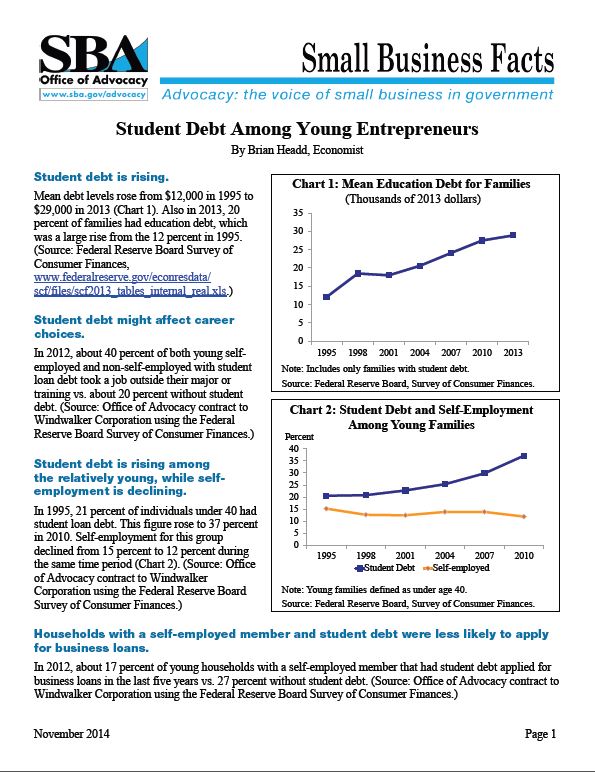- December 19, 2022The rise of Creators and of the broader Creator Economy is the digital manifestation of the rise of creativity as…
- October 20, 2022SBAF Surveys Show Childcare has a big Impact on Small Business Small Business for America
- October 12, 2020In 2017, the Aspen Institute Forum for Community Solutions launched the Youth Entrepreneurship Fund, which explores entrepreneurship as a pathway to economic…
- February 4, 2016Entrepreneurship is lower among Millennials than among prior generations. In 2014, less than 2 percent of Millennials reported self-employment, compared…




